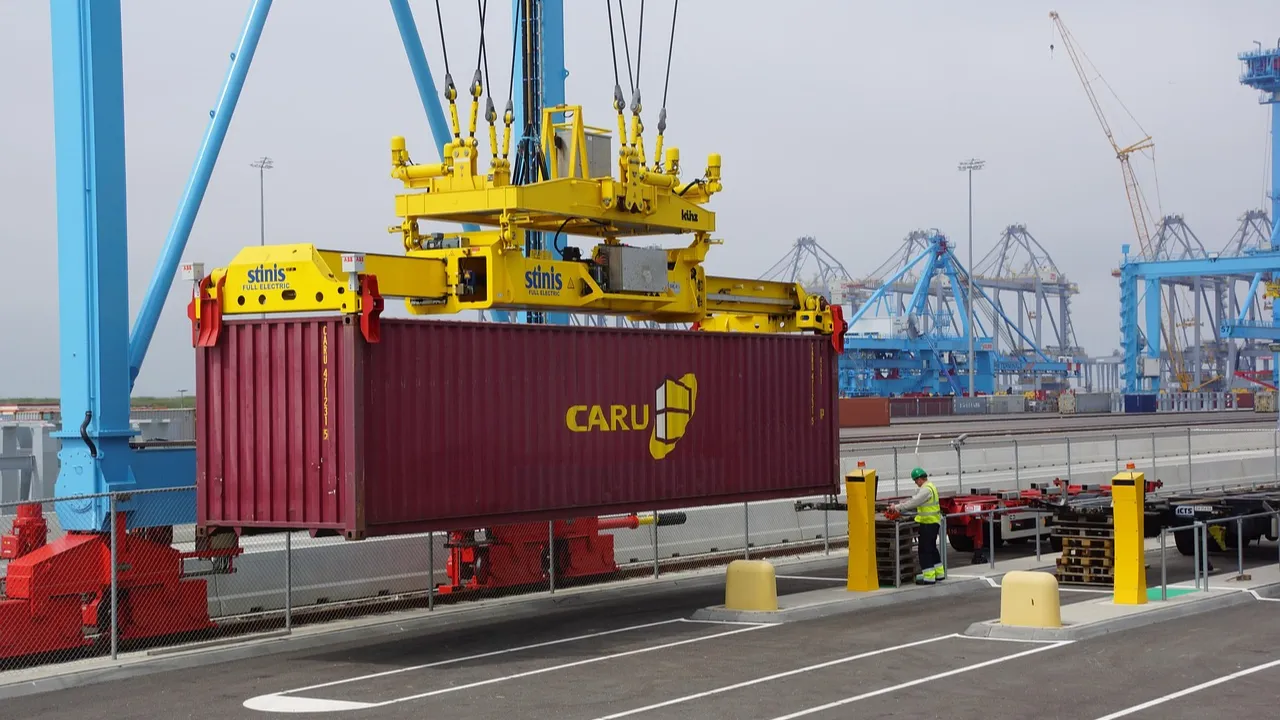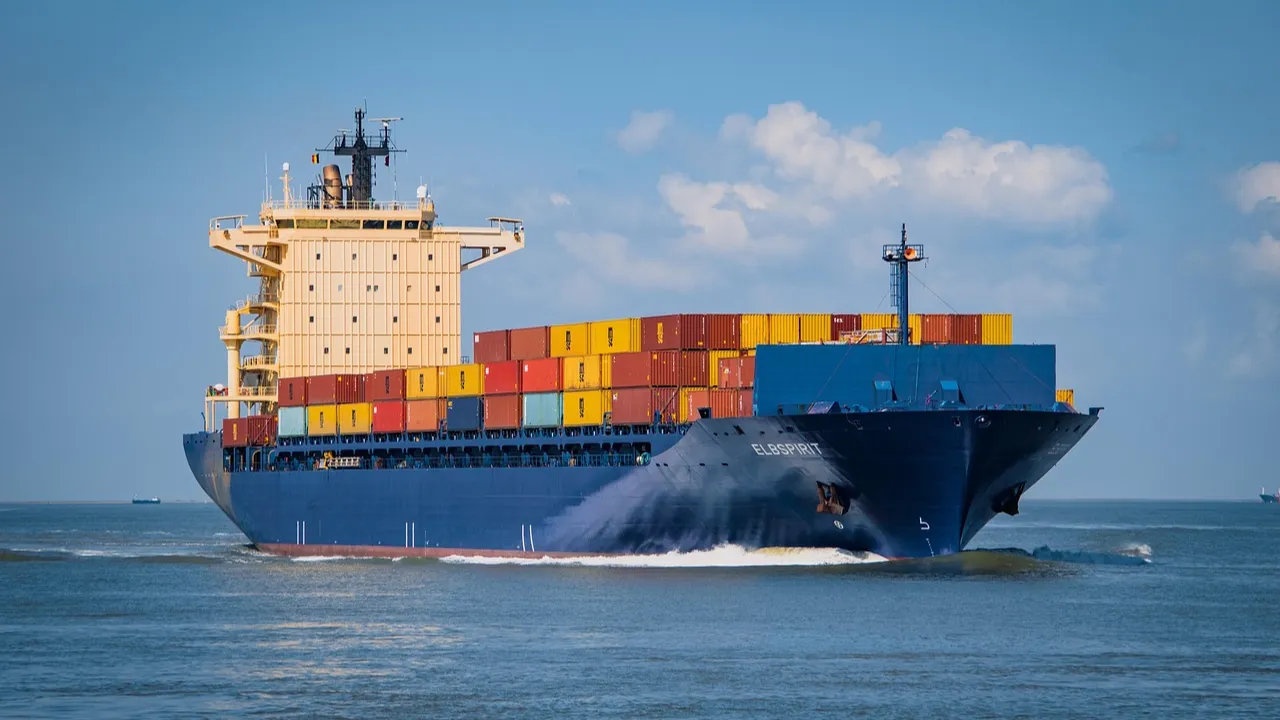Rail Freight from Kazakhstan to Europe via Varna
Connecting Central Asia and Europe through the Middle Corridor
Trade between Central Asia and Europe is expanding rapidly, and Kazakhstan stands at the heart of this transformation.
For exporters seeking a stable and efficient transport solution, the rail route from Kazakhstan to Europe via Varna offers an ideal balance between cost, speed, and reliability.
This corridor forms part of the Trans-Caspian International Transport Route (TITR) — also known as the Middle Corridor — linking Central Asian railways with the European network through the Caspian and Black Seas.
It provides an alternative to congested traditional routes and shortens delivery time by thousands of kilometers.
Route Overview

Cargo departs from major logistics hubs in Kazakhstan — such as Almaty, Aktau, and Astana — and travels west across the country’s well-developed rail system toward the port of Aktau on the Caspian Sea.
From there, containers are shipped by ferry to Alyat (Baku) in Azerbaijan.
The next stage follows the Baku–Tbilisi–Kars railway, connecting directly to the ports of Poti and Batumi in Georgia.
Across the Black Sea, feeder vessels carry the cargo to Varna, Bulgaria, where it enters the European Union’s rail and road system — enabling direct access to markets in Germany, Poland, Hungary, and Italy.
This seamless multimodal connection — rail + sea + rail — is already being used by dozens of logistics companies handling both containerized and bulk cargo.

Key Advantages of the Kazakhstan–Varna Route
- Shorter transit time — 10 – 15 days on average from terminal to terminal.
- Stable cost structure — predictable tariffs and competitive rates versus ocean freight.
- Multimodal flexibility — easy transfer between rail and sea without reloading.
- Safe and environmentally friendly — lower carbon footprint compared to road transport.
- Integration with European corridors — direct entry into the EU customs space through Varna.
Why Kazakhstan Plays a Key Role
Kazakhstan’s geographic position makes it the backbone of the Middle Corridor.
It connects China and Central Asia to the Caspian Sea through a high-capacity railway system equipped for container traffic.
Over the last decade, Kazakhstan has invested heavily in modern logistics infrastructure:
-
new terminals in Aktau and Kuryk,
-
expanded container yards near Almaty and Nur-Sultan,
-
digital cargo-tracking platforms ensuring transparency along the route.
Thanks to this modernization, the country can now handle large cargo volumes for export to Europe, Turkey, and the Black Sea region with minimal delays.

Transit Time and Main Route Segments
| Route Segment | Mode of Transport | Average Transit Time |
|---|---|---|
| Kazakhstan → Caspian port | Rail | 2–4 days |
| Caspian Sea crossing | Ferry | 1–2 days |
| Azerbaijan → Georgia | Rail | 1–2 days |
| Georgia → Varna (Bulgaria) | Sea | ≈ 1 day |
| Varna → EU destinations | Rail / Road | 1–4 days |
| Total transit time: approximately 10–15 days, depending on cargo type and ferry schedule. | ||
Types of Cargo Transported
| Cargo Type | Description |
|---|---|
| Containerized cargo | Industrial goods, packaging, consumer products, textiles, and electronics shipped in 20- and 40-foot containers (FCL/LCL). |
| Bulk commodities | Grain, coal, metals, fertilizers, cement, and construction materials. |
| Project & oversized cargo | Heavy industrial equipment, machinery, and large structures requiring special platforms and handling. |
| Liquid & chemical cargo | Transported in certified tank containers according to international RID/ADR safety standards. |

Sofmar’s Role in Rail Freight Between Kazakhstan and Europe
Sofmar Logistics provides professional coordination and end-to-end support for shipments moving from Kazakhstan to Europe via Georgia and Varna.
The company handles:
-
freight forwarding and documentation at all transport stages;
-
multimodal coordination between railways, ports, and sea carriers;
-
cargo consolidation, container handling, and customs clearance;
-
real-time monitoring and communication with clients throughout the route.
With experience in both Central Asian and European markets, Sofmar ensures that every shipment moves safely, efficiently, and on schedule — from the steppe terminals of Kazakhstan to European industrial hubs.
Our agency’s office is located in the port of Poti at the address: Alley April 9, No. 30/39, Poti, Georgia.
If you need logistics, sea freight forwarding in Poti, please call our office: +995 493 22-02-66